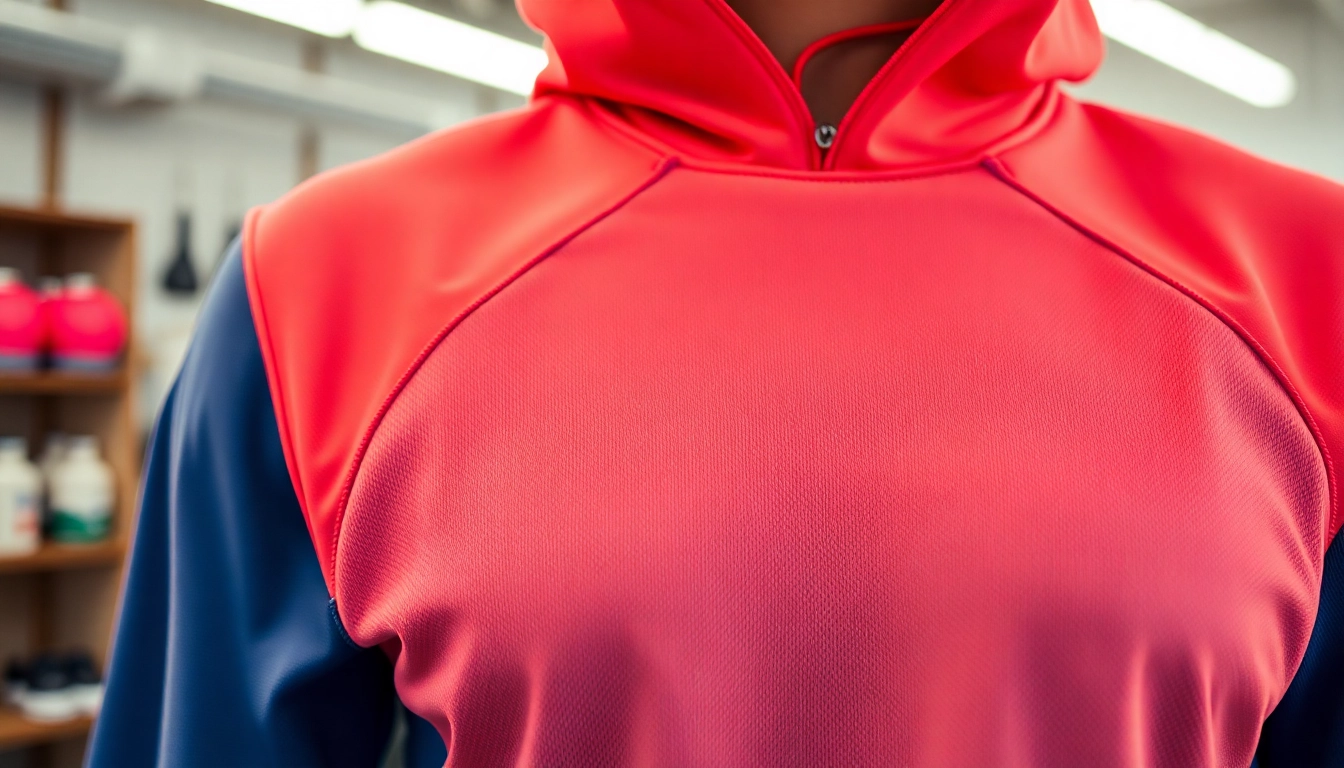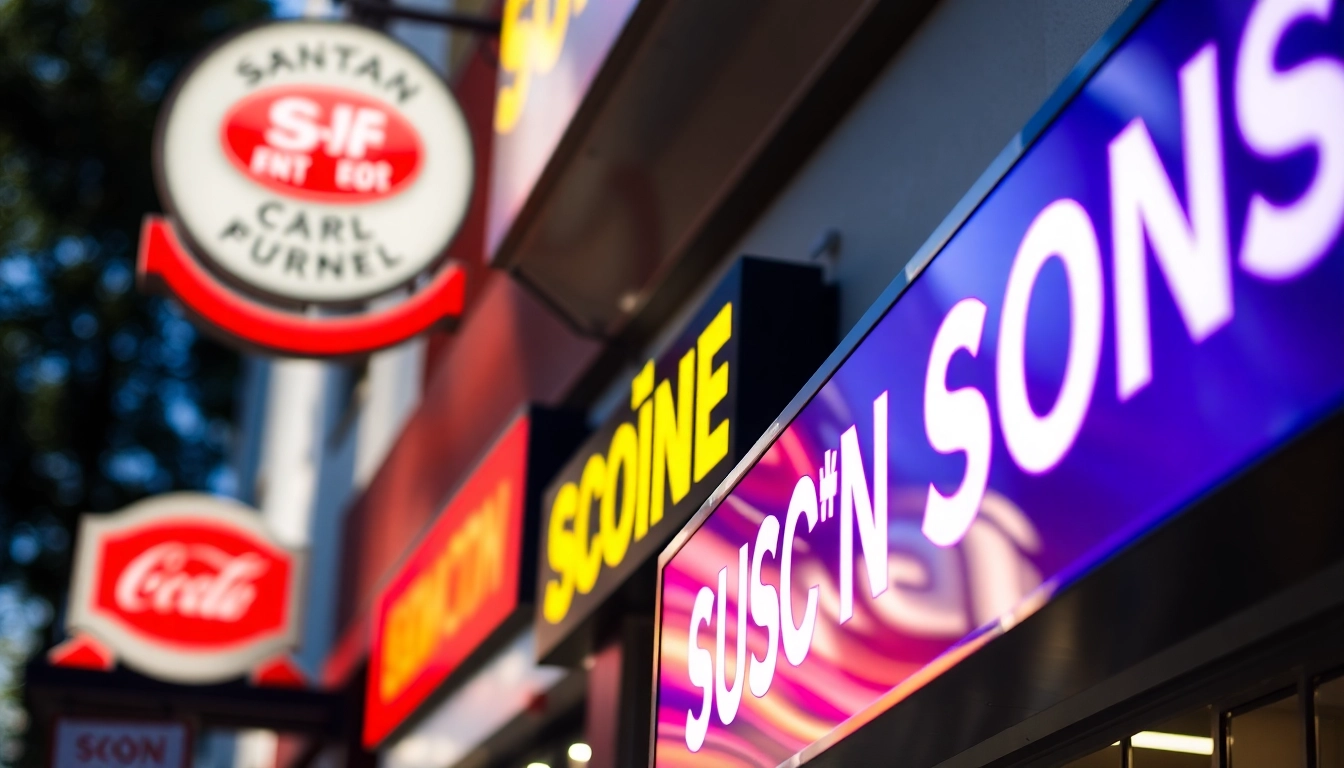Understanding the Private Label Sportswear Manufacturing Industry in Pakistan
The sportswear industry in Pakistan has experienced remarkable growth over recent years, driven by increasing global demand for high-quality, customizable athletic apparel. Many international brands and entrepreneurs are turning toward Pakistan as a strategic manufacturing hub, thanks to its skilled workforce, competitive pricing, and robust infrastructure. If you’re considering launching your own brand or expanding your product portfolio, partnering with a trusted Private Label Custom Sportswear Manufacturer in Pakistan can be a pivotal step toward success.
Market Overview and Growth Trends
The Pakistani sportswear manufacturing sector is burgeoning, supported by a well-established export network and a growing domestic demand for sports and fitness apparel. The global sportswear market is projected to reach USD 247.3 billion by 2027, with a CAGR of around 5.2%, according to industry reports. Pakistan’s share plays a vital role, with manufacturers specializing in OEM and private label production for brands across the world.
Key drivers include rising awareness around health and fitness, the proliferation of sports teams and leagues, and the surge in online retail channels. Additionally, technological innovations such as sublimation printing, advanced sewing techniques, and eco-friendly fabrics have empowered Pakistani manufacturers to produce high-quality, customizable sportswear that meets international standards.
Key Players and Competitive Landscape
The market features several prominent players, notably companies like Extreme Sportswear, Janletic Sports, and Athlio Sportswear. These manufacturers excel in offering comprehensive private label solutions, including design, production, and packaging. Sialkot, often dubbed the “City of Sports Goods,” is home to many such enterprises, providing a concentrated hub of expertise and infrastructure.
Competitive advantages include flexible MOQs (Minimum Order Quantities), rapid turnaround times, and the ability to customize fabrics, cuts, and branding. Some manufacturers also provide auxiliary services like branding, embroidery, and packaging, creating a one-stop-shop experience for brands looking to outsource production.
Understanding the landscape helps you identify potential collaborators who align with your quality and budget expectations, setting a foundation for a profitable partnership.
Emerging Opportunities for Brand Owners
Private label manufacturing in Pakistan offers numerous opportunities for entrepreneurs and established brands. Niche markets such as eco-friendly sportswear, athleisure, and specialized team uniforms are experiencing rising demand. Moreover, customization options like sublimation printing, heat transfers, and detailed embroidery allow brands to preserve their unique identity.
Another promising avenue is fast fashion, where quick turnaround times enable brands to launch seasonal collections swiftly. The integrating of sustainable and technically innovative fabrics—like moisture-wicking or antibacterial textiles—caters to evolving consumer preferences for performance-oriented and eco-friendly products.
By leveraging Pakistani manufacturers’ flexibility and economic advantage, international brands can achieve high-quality, affordable products while maintaining tight control over branding and design standards.
Choosing the Right Private Label Sportswear Partner in Pakistan
Key Criteria for Selection: Quality, Pricing, and Capabilities
Selecting a reliable partner is critical. Focus on manufacturers that demonstrate a commitment to quality, such as using certified fabrics, quality control procedures, and compliance with international standards. Request sample products to assess fabric durability, stitching, and overall finish.
Pricing must be competitive, but beware of hidden fees or inconsistent quotes. Request detailed quotes that outline all costs including setup fees, designs, sampling, and shipping. Evaluate their capabilities, such as manufacturing capacity, technology use, and experience with private label branding.
One of the essential aspects is the manufacturer’s ability to scale production as your brand grows and their flexibility in accommodating custom design requests and product expansions.
Assessing Customization Options and MOQ Requirements
Customization is the backbone of private label sportswear. Leading Pakistani manufacturers offer a broad spectrum of options including various fabrics, colors, logos, and embellishments. Some firms provide advanced customization tools like sublimation printing and eco-friendly fabric options.
MOQ requirements can vary significantly—some manufacturers cater to small brands with low MOQs (as low as 100 units), while others prefer larger orders. Clarifying these beforehand prevents misalignments and facilitates planning.
Trustworthy manufacturers will work with your specifications and offer guidance on achievable customizations within your MOQ and budget constraints.
Evaluating Production Timeline and Reliability
Timeliness is crucial in the competitive sportswear market. Confirm the manufacturer’s typical lead times from sample approval to bulk production and delivery. Reliable partners should have established logistics channels and be transparent about potential delays.
Request references or case studies demonstrating consistent delivery schedules. Consider starting with smaller test orders to evaluate their responsiveness and adherence to timelines before full-scale investment.
Design, Quality Assurance, and Product Development Processes
Collaborating on Design and Branding
Effective collaboration between your brand and the manufacturer ensures product alignment with your vision. Share detailed design files, branding guidelines, and desired quality standards.
Most Pakistani manufacturers offer design assistance—be open to their insights for cost-efficient, production-friendly options. Clear communication about your branding elements like logos, tags, and packaging ensures consistency and a professional finish.
Material Selection and Fabric Quality Standards
Material quality directly impacts product durability and consumer perception. Common fabrics include polyester, nylon, spandex, and blends designed for moisture-wicking, breathability, and elasticity. Consider fabrics certified for environmental safety and compliance with international standards.
Work with your manufacturer to select fabrics that match your performance requirements and budget. Request detailed fabric specifications and testing reports to validate quality.
Quality Control and Inspection Procedures
Implementing rigorous quality assurance processes reduces defects and enhances brand reputation. This includes pre-production sample approvals, in-process inspections, and final quality checks.
A professional manufacturer will have standardized QC procedures, including fabric inspections, stitching tests, and finishing reviews. Consider third-party inspections for larger orders or premium products to ensure standards are met before shipment.
Cost Structures, Pricing Models, and Profit Margins
Understanding Manufacturing Costs and Hidden Fees
Product costs include raw materials, labor, overhead, and packaging. Transparent manufacturers provide detailed pricing breakdowns. Watch for hidden costs such as setup fees, mold costs, or expedited shipping charges.
Building cost analyses based on order volume helps forecast expenses and optimize profit margins. Establishing solid communication regarding all potential costs upfront prevents unwelcome surprises.
Pricing Strategies for Competitive Margins
Pricing your products competitively requires balancing manufacturing costs with retail expectations. Conduct market research to determine what consumers are willing to pay and what competitors are offering.
Leverage economies of scale—larger orders typically lower per-unit costs—while maintaining quality standards. Consider value-added services, such as exclusive customization, as premium features to justify higher retail prices.
Negotiation Tips with Pakistani Manufacturers
Negotiation is key to securing favorable terms. Approach discussions with clear expectations about pricing, lead times, MOQs, and quality standards. Demonstrating willingness for long-term collaboration often results in better terms.
Be prepared to negotiate multiple aspects, including payment terms, sample costs, and after-sales support. Building trust and a robust relationship can lead to preferential treatment and priority production slots.
Successful Case Studies and Client Testimonials
Brands That Have Thrived with Pakistani Private Label Sportswear
Numerous brands worldwide have achieved success by partnering with Pakistani manufacturers. For example, an emerging fitness apparel brand sourced high-performance athletic wear from Extreme Sportswear, leveraging their customization and quick turnaround to expand rapidly in North American markets.
Similarly, a sports team apparel company refined their product line by collaborating with Athlio Sportswear, utilizing advanced embroidery techniques and eco-friendly fabrics to meet their sustainability goals.
Effective Collaboration Strategies for Long-Term Partnerships
Establish clear communication channels, set mutual expectations, and maintain transparency throughout the production process. Regular visits, detailed project timelines, and feedback sessions foster trust.
Engaging in joint product development or innovation projects can also strengthen the relationship, encouraging manufacturers to prioritize your orders and provide continuous quality improvements.
Measuring Success and Customer Satisfaction Metrics
Track key performance indicators such as defect rates, on-time delivery percentage, and customer feedback on product quality. Monitoring these metrics helps identify areas for improvement and ensures your brand maintains a competitive edge.
Encouraging customer reviews and evaluating return rates can provide insights into product satisfaction and guide future collaborations with your Pakistani manufacturer.



